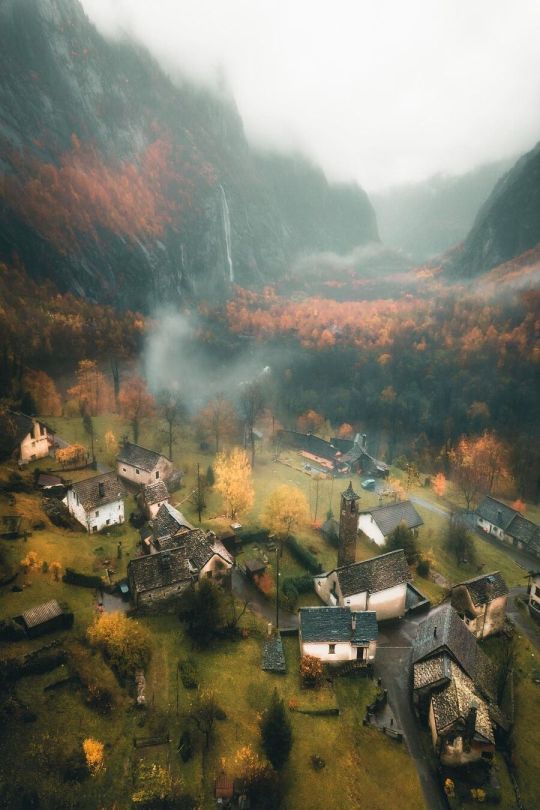Text



Some examples of bird chariots from Berthold Laufer's The bird chariot in China and Europe (1906).
Full text here.
795 notes
·
View notes
Text
1921 footage of the 1893 replica of the 1831 steam locomotive DeWitt Clinton pulling its train. Lots of "modern" machinery in the background. The replica still exists today, on display at The Henry Ford museum.
7 notes
·
View notes
Text
“Once you really commence to see things, then you really commence to feel things.”
— Edward J. Steichen
6 notes
·
View notes
Text

That's certainly a color choice you could make for your electronic product.
This thing smells like cigarette smoke and I'm surprised there isn't a built in ashtray.
16 notes
·
View notes
Photo
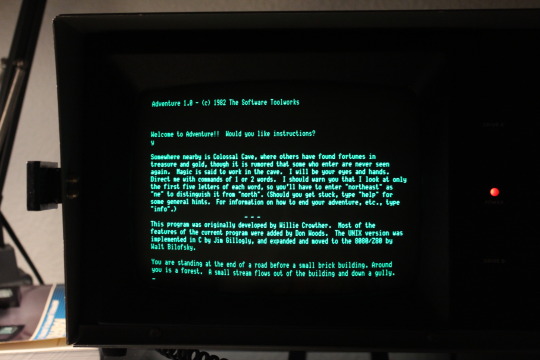
1 note
·
View note
Photo

François Kollar’s Tunnel Entrance To Ste Catherine Sotteville-lès-Rouen, France, 1931 (via here)
333 notes
·
View notes
Photo





Progress on my model of the 1832 locomotive South Carolina, designed by Horatio Allen and built by the West Point Foundry in 1831. This eight ton locomotive was the first doubled ended locomotive in the world, and the first eight wheeled locomotive in America. The concept was several decades ahead of what technology was capable of the time, and it was withdrawn from service in 1834 after two years of unreliable service.
I used wheels and other bits from a Bachman DeWitt Clinton set.
3 notes
·
View notes
Text

The Kapelleninsel and Amorinsel Monrepos are two islands on the lake behind Monrepos Castle near Ludwigsburg . The chapel island has a neo-Gothic church on a smaller scale (chapel). It was built in the English village in 1797 and moved to Chapel Island in 1803. In 1944 the chapel was partially destroyed. Cupid Island used to have a temple with a cupid figure inside. Only the foundations are left of him.
(Wikipedia)
282 notes
·
View notes
Photo
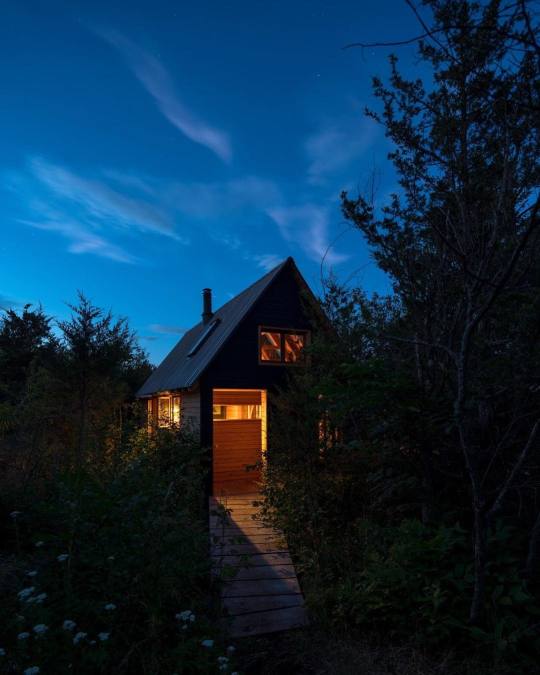

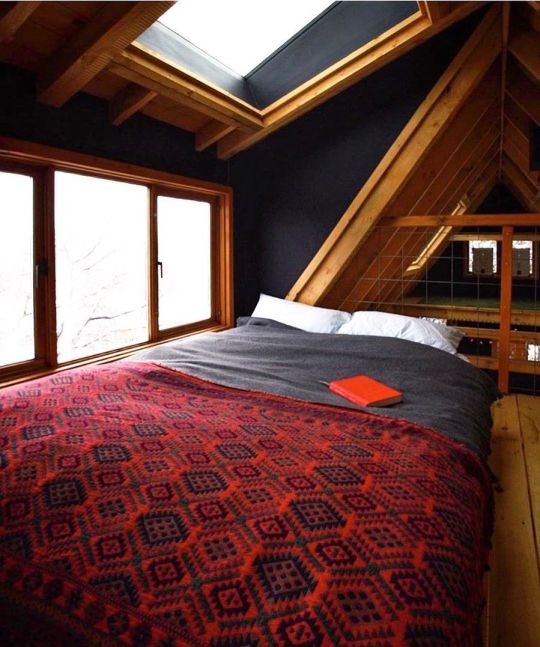
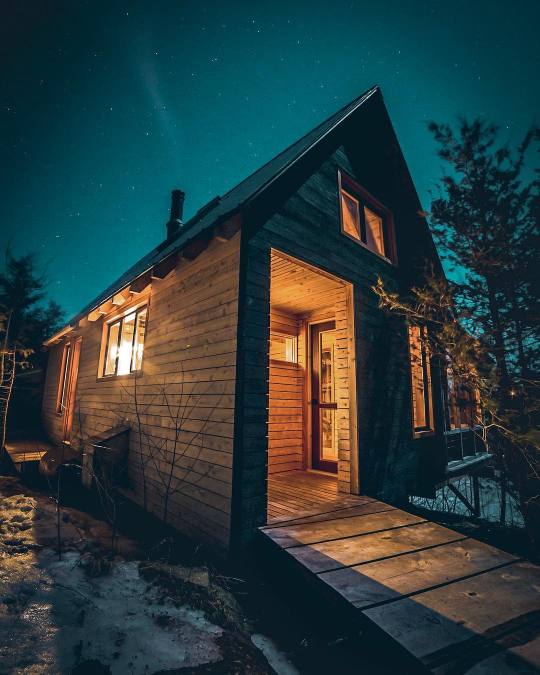




The Raven House Cabins Canada
© The Raven House Cabins
7K notes
·
View notes
Photo





Sony BVH Series 500 - 1000 - 2000 - 3000 // pro reel-to-reel type C analog recorders // mid 70s
808 notes
·
View notes
Photo




Pages from the 1930’s book Changing Japan, Seen Through the Camera.
64 notes
·
View notes























